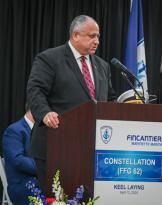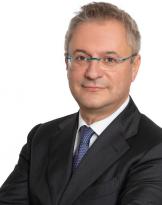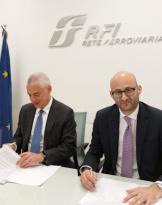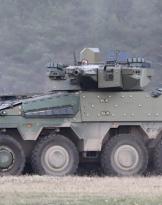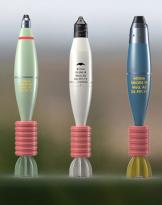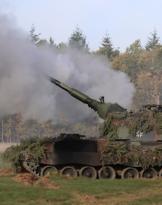The European Commission has selected a consortium of companies and research institutes to design the future European quantum communication network, EuroQCI (quantum communication infrastructure), which will enable ultra-secure communication between critical infrastructures and government institutions across the European Union.
The consortium, led by Airbus, includes Leonardo, Orange, PwC France and Maghreb, Telespazio (Leonardo 67%, Thales 33%), the National Research Council (CNR) and the National Institute for Metrological Research (INRiM).
EuroQCI will integrate quantum technologies and systems into fiber-optic terrestrial communications networks and include a space segment that will ensure full coverage across the EU and beyond. Ultimately, this will help protect Europe's cryptographic systems and critical infrastructures, such as government institutions, air traffic control, healthcare facilities, banks and power grids, from current and future cyber threats.
Since June 2019, 26 member states have signed the EuroQCI Declaration, to collaborate with the Commission, supported by the European Space Agency, in the development of a quantum communication infrastructure covering the entire European Union.
The long-term plan calls for EuroQCI to become the foundation of a quantum Internet in Europe, linking quantum computers, simulators and sensors across quantum networks to distribute information and resources with a state-of-the-art security solution.
The first to use it will be the quantum key distribution (QKD) service, which will transmit the encryption keys through quantum communication channels both on terrestrial optical fiber and on space laser links. The use of quantum photonic states makes the distribution key immune to vulnerabilities, unlike the solutions currently used.
The study, lasting 15 months, defines the details of the end-to-end system and the design of the ground segment to support the QKD service and provides for the development of a detailed roadmap, which includes the costs and timing of each phase of implementation. The study will also support the European Commission in building an advanced QCI testing and validation infrastructure, including standards, with the aim of launching a EuroQCI pilot project by 2024 and an initial operational service by 2027.
The consortium will benefit from the complementarity of its members, which includes large systems integrators, telecom and satcom operators, and service providers along with research institutes. The study will leverage and enhance the existing contributions focused on various quantum projects, carried out by each member of the consortium, and will benefit from the vast experience in the field of the Italian quantum backbone thanks to the CNR and INRiM.


